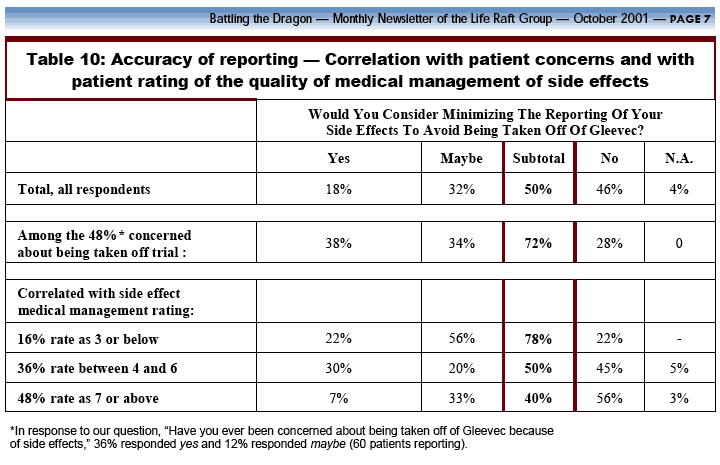Cross-posted from my own blog.
Laura Landro, in Wednesday’s WSJ, wrote a great article, “Finding a Way to Ask Doctors Tough Questions” about the fact that it remains difficult to challenge health professionals about any aspect of the work they do. Thanks to Laura, I learned about a new major initiative of the Robert Wood Johnson Foundation, the Aligning Forces for Quality program (AF4Q). RWJF is investing $300 million in the initiative! Talk about an unmistakable sign that it is clearly designed to have a major impact. Reading about AF4Q gave me goosebumps: it is all about applying the concept of Participatory Medicine and even better it is also designed to deal squarely with the digital divide.
AF4Q is providing grants for community programs designed to get consumers to take an active role in their own care, especially those from certain racial and ethnic backgrounds. The premise of Aligning Forces is that no single person, group or profession can improve health and health care throughout a community without support of others.
In a fully participatory mindset, AF4Q expect that “by promoting the teaming up of the people who get care, those who give care and, those who pay for care the initiative can deliver lasting change across entire communities.
One of the declared goals is to help patients and consumers understand their vital role in recognizing and demanding high-quality care. This is exactly what we have been clamoring for years, first with the e-Patients White Paper, then with the fast growing number of blog posts on e-patients.net, thanks to the participation of e-Patient Dave, Christine Gray and others.
It is very exciting to see RWJF getting so deeply involved in funding real programs that will finally produce the data showing the impact of active patient empowerment and engagement on healthcare costs and quality. There is some evidence suggesting that greater patient involvement can improve medical outcomes. For sure this is what participants in the ACOR online communities have experienced for many years, out of sheer necessity. But as is mentioned in Laura’s article, “the Robert Wood Johnson Foundation surveyed 600 patients with chronic illnesses in the Seattle area last year and found a link between how patients feel about their encounters with doctors and how well they adhere to their regimens. One finding: Among patients in treatment for depression who felt their medical providers treated them fairly, 90% took their medications regularly. But adherence to a regimen was just 60% among patients who said they feel they haven’t been communicated with or were treated poorly.” This is in tune with an internal study done by one of the ACOR groups when Gleevec was still an experimental drug called STI-571. As Norman Scherzer, executive director of the Life Raft Group wrote at the time: “For the first time we attempt to evaluate the quality of medical management of side effects, the sources of information patients rely upon, and whether patients would minimize their side effects to remain in the trials“.
The study, conducted by this budding patient organization, analyzed some patient concerns and correlated them with the quality of their medical management. It correlated the relationship between their medical management rating and whether the patient would consider minimizing the reporting of their side effects. The results were quite striking. The lower the medical management rating, the higher the likelihood that the patient would consider minimizing the reporting of their side effects. Only 40% of those respondents rating their medical management of side effects as 7 or above would consider minimizing their side effects as contrasted to 78% of those rating their medical management as 3 or below. The importance of quality medical care in helping to ensure reporting accuracy is quite significant and has long range implications for those conducting clinical trials.” Mind you, this was written in October 2001!
But it all happened in a complete vacuum. And now the various projects sponsored by AF4Q will be able to promote to the forefront this kind of amazing data. Until now this information was resting in total obscurity. There is much more that has already been discovered by networked disease groups. The time has come to work together to bring all of it to the surface. This will have profound influence on public health. RWJF is working on one of the only ways one can really accelerate an in-depth change of the healthcare system. We should be highly supportive of the effort.







Holy crap, Gilles, I’ve *never* heard you say you got goosebumps!
I gotta run, but let’s learn more about this pronto.
Gilles,
I had a hell of a week, then a dinner engagement last night, and a healthcare brunch meeting today, so I’ve only now had a chance to read this.
HOLY CRAP! This appears to be a game changing project by RWJF. How could we not have known about this?? You’re right, it’s straight up the middle of our conversations.
Twitter buddy @DChiaramonteMD is quoted, too. She’s all about teaching patients to speak up.